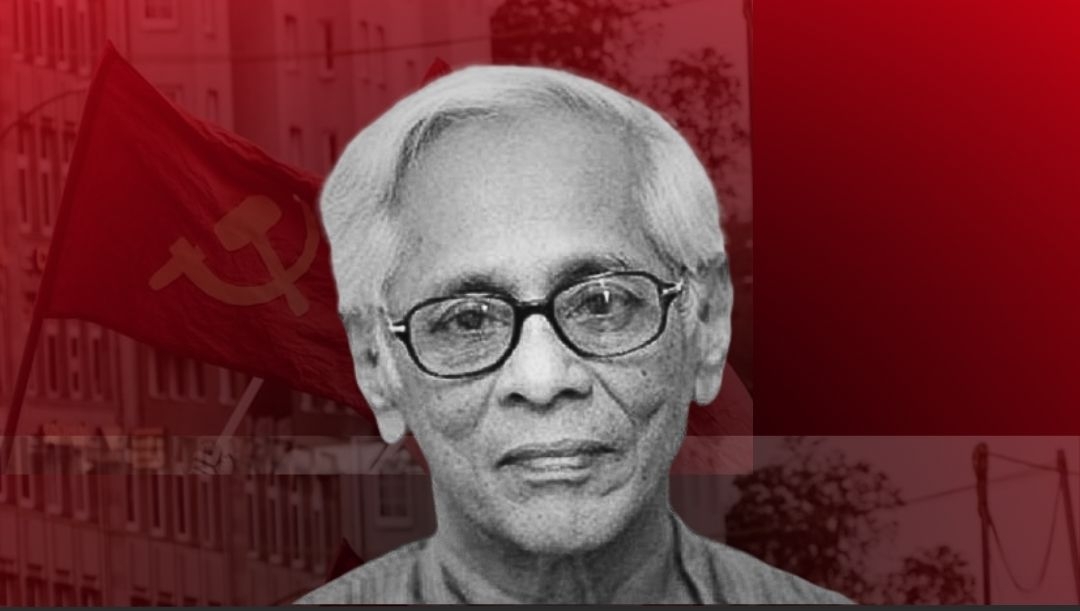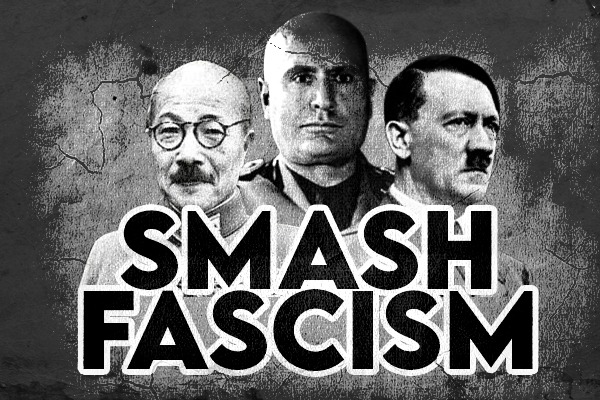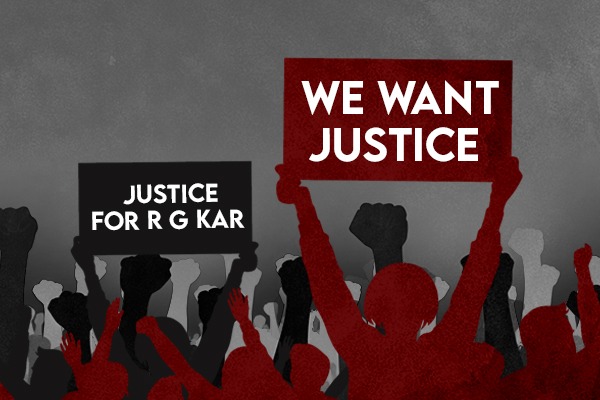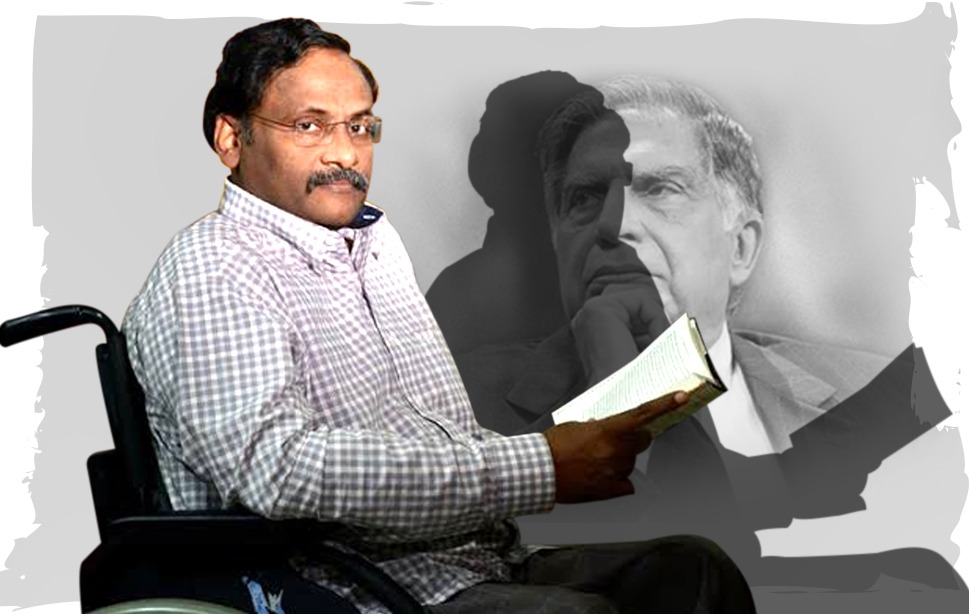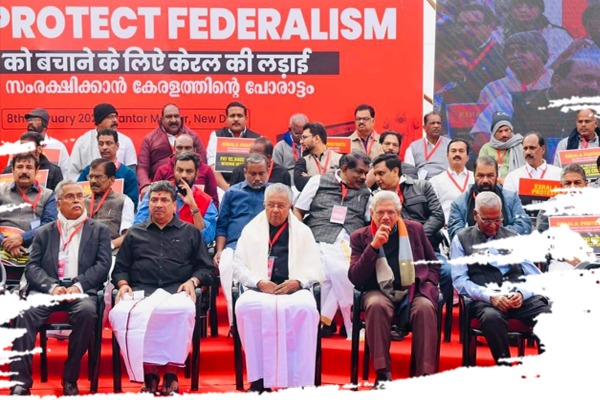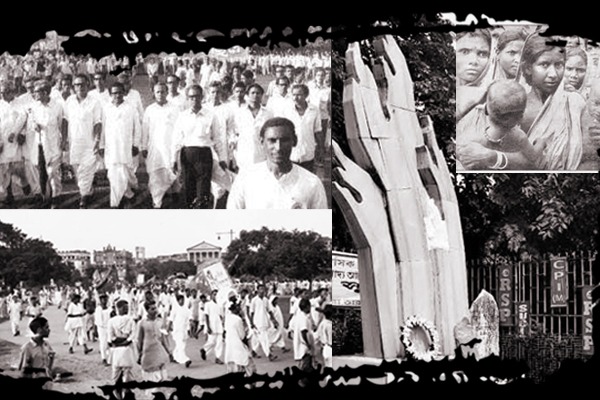Prominent communist politician from Bangladesh Haider Akbar Khan Rono passed away today early morning at a hospital in Dhaka. He had been receiving treatment at his residence in Dhanmondi, but his deteriorating health forced him to be taken to the Health and Hope Hospital, where he breathed his last. Haider Akbar Khan Rono, who was an adviser to the Communist Party of Bangladesh (CPB) central committee, had been experiencing severe breathing difficulties.
Haider Akbar Khan Rono was a significant figure in the Liberation War in 1971 and had authored multiple books. He was also the general secretary of the East Pakistan Students Union. He served as the General Secretary of the Workers Party of Bangladesh from 1969 to 1984. Due to ideological differences he joined CPB and went on to become a presidium member in 2012 before becoming an advisor.
In 1958, he passed his matriculation from St. Gregory’s School, Dhaka, securing 12th place in the East Pakistan Merit List. After passing ISC from Notre Dame College, he was admitted to the Physics Department of Dhaka University in 1960. However, he could not complete the honors course due to imprisonment. He passed the examination in jail and obtained the degree of LLB but never entered the legal profession
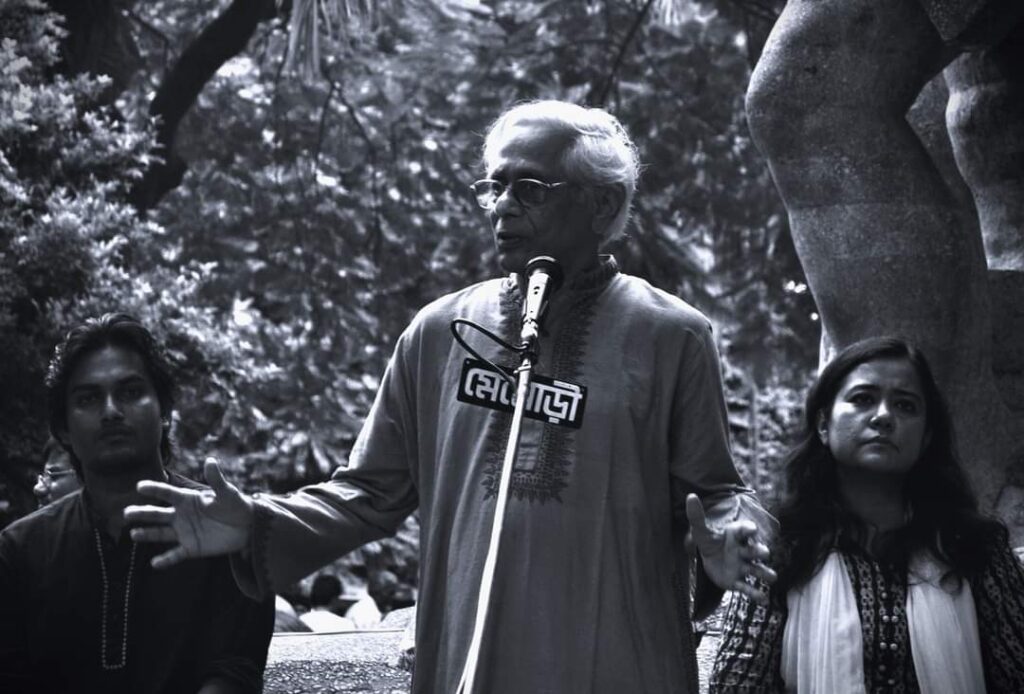
He was among the leading figures in the anti-military rule movement of 1962 and the first to make the first public speech against the military regime (February 1, 1962). After leading East Pakistan Students Union as general secretary, he joined the labor movement and lived in the slums of Tongi and formed a new type of militant labor movement. In 1970, he was elected as the general secretary of the then largest labor organization of East Pakistan, Purba Bangla Sramik Federation. He was one of the organizers in the mass uprising of 1969.
Born on August 31, 1942, in Calcutta, Bengal Presidency, British India (now Kolkata), Haider Akbar Khan Rono’s ancestral home was in Borashula village in Narail. His passing will be mourned by many who knew him and his contributions will always be remembered by the people of his country and the left movement in Indian Subcontinent.

